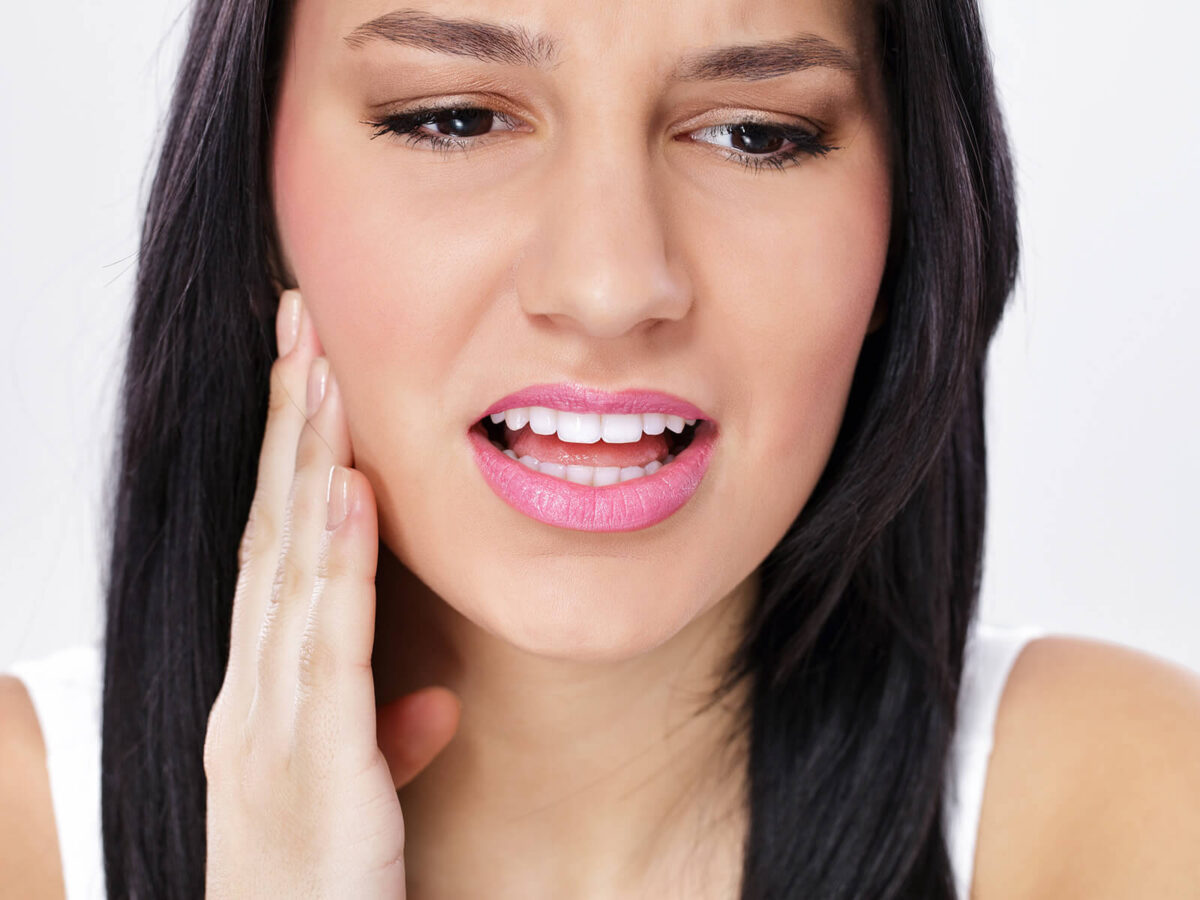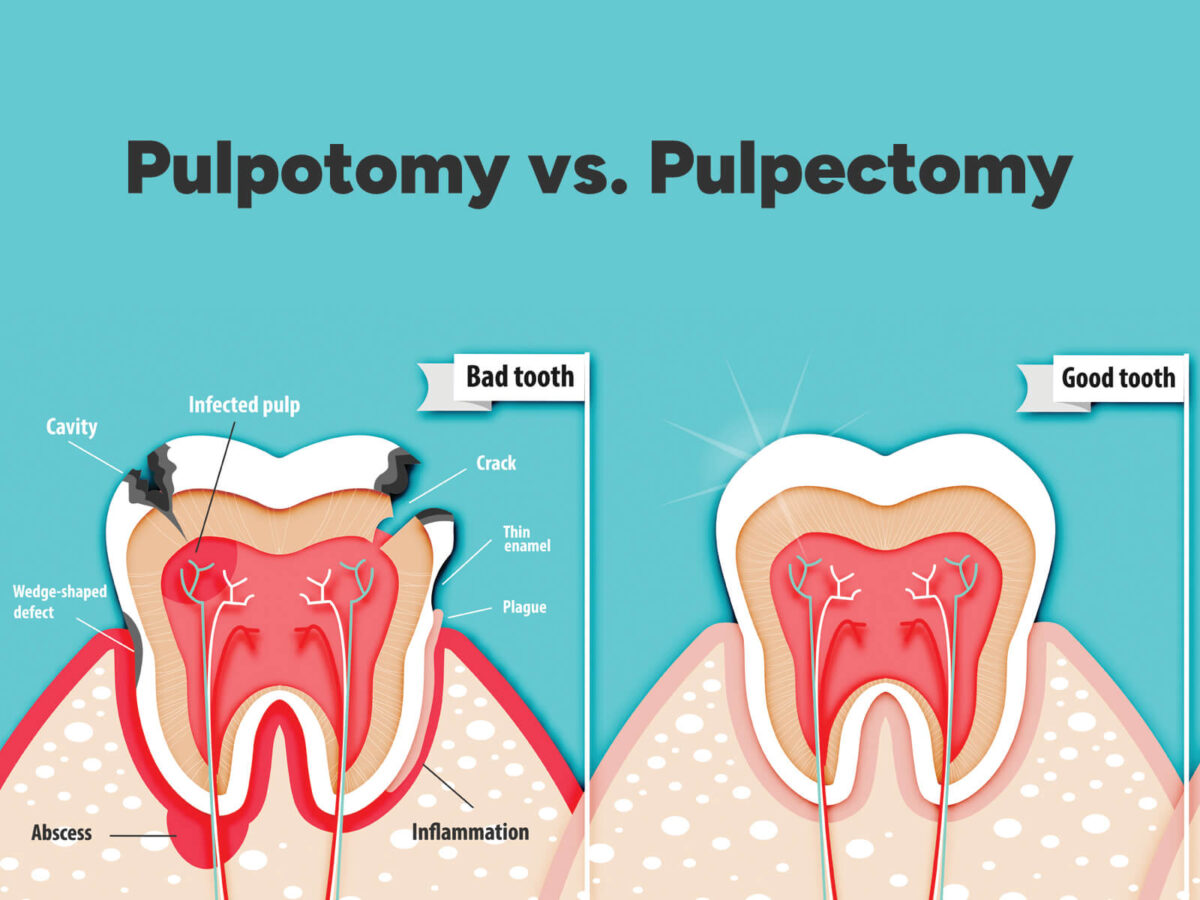The mind and the body are virtually considered two different things, but as much as science has tried to popularize the mind-body relationship, there is always some truth. Something that still surprises people is the relationship between oral health and psychological health.
Patients who have been diagnosed with a mental health disorder will often present with problems concerning their teeth and gums. Poor mental health and wellness indeed have numerous effects on oral health, and poor dental health has various effects on the health and wellness of the body.
This article will try to understand the links between mentality and dental health with the help of expert advice from Elgin Dentist TX. If you are experiencing these troubles, we are here to help you with some advice and links. It is rewarding to know that true happiness, satisfaction, and a healthy life are possible for everyone, even you.
1. Stress and teeth-grinding
Hypertension and low mood invariably have characteristics that can be observed in the body, among which is teeth grinding. Bruxism also results in complications such as wear of the enamel of the teeth, sensitivity of the teeth, or pain in the jaw.
It is also pertinent to note that finding ways of dealing with stress, including practicing mindfulness or meditation, may also return benefits that extend to improving your teeth by decreasing the likelihood of grinding them. If those do not help, it is then time to discuss with your dentist having fitted you a mouth guard.
2. Careless oral hygiene during low moods
As people get stressed or discouraged, they tend to neglect personal care, and proper oral hygiene is not exempted from this. Skipping a brush and cleaning between the teeth can be dangerous since it leads to cavities, gum diseases, and other dental health problems. If you do not feel like brushing and flossing your teeth, you can chew sugar-free chewing gum all day, and it will freshen your mouth and prevent decay. It should not be considered a method of cleaning teeth but will be useful for moments when one has no access to a toothbrush.
3. Side Effects of Meds on Oral Health
Some of the drugs used to treat mood disorders or low mood comprise side effects that might be of concern to oral health. Side effects such as dry mouth are common with medications and can contribute to a higher risk of cavities. Speak with your dentist, doctor, or even pharmacist if you have some oral health issues or are looking for ways to prevent side effects from certain medications on the mouth.
4. Seeking professional support
Dietary products have significance in any individual’s mental and oral health. Proper nutrition makes one happy and has benefits, including quality teeth and gum. Healthcare providers’ education regarding the patient’s dental health and requirements for proper oral hygiene is extremely beneficial as it is conducted simultaneously with general health care. Low mood may sometimes require professional assistance, and if this is needed to feel better, one should talk to the NHS community mental health providers or the GP to get assistance with emotional well-being.
Summing It Up
To keep smiling broadly, unraveling the association between low mood and oral health is crucial, as discussed above. This shows that there exists a strong link between mental health and the dental health of an individual hence one can prevent issues affecting the two aspects by practicing stress management techniques, among other key activities. Get in touch with Elgin Dentist TX to discuss all your problems.






